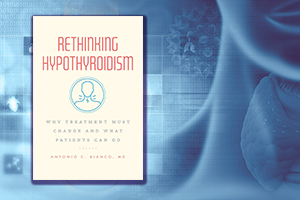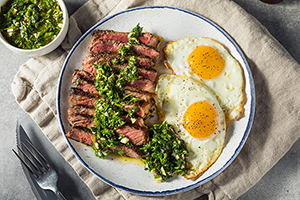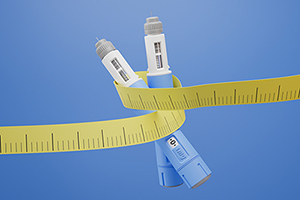




Q: I’ve read that twenty minutes of sun exposure will give us 10,000 to 20,000 IV of vitamin D. If I am fully clothed with a long-sleeved shirt am I still getting 20,000 IU? Short-sleeved shirt? How about without a shirt? It seems that the total skin area exposed should have something to do with the amount we actually get.
A: You are absolutely right. If we wear clothes that cover all but 5 percent body surface area, we’re not getting the requisite amount of vitamin D. Ideally, baring arms, legs, and back on a sunny day would give us the best chance of acquiring the 10 to 20 thousand IUs we need.
The time of day for exposure is critical. UVB rays, the radiation that activates latent pre-vitamin D (7-dehydrocholesterol) in our skin, occurs between 11:00 am and 2:00 pm. Not before or after—the times your dermatologist might recommend for avoiding skin-damaging UVA rays. But you won’t absorb ANY if you’re wearing sunscreen. An SPF as low as 8 will reduce your vitamin D synthesis by over 90%! Most people are slathering on sunscreen with an SPF of at least 30.
Also take into consideration your skin color. Light skin will require less time in the sun for vitamin D synthesis than dark skin. Very dark skin will require up to six times as much sun exposure to develop enough vitamin D. And if it’s cloudy or smoggy, we’re not getting any.
A seventy-year-old person will synthesize 75 percent less vitamin D than someone younger. This is due to lack of 7-dehydrocholesterol in skin which naturally diminishes with aging. And if you live anywhere north of Atlanta, you’re not getting any vitamin D between October and March. That’s why supplementation is appropriate with dosages based on blood tests and time of year.
We need sunshine as much as we need fresh air, pure water, clean food, exercise, and deep, restful sleep. Sun exposure helps to lower cortisol (a stress hormone) and improve mood, among a myriad of other benefits—a topic for an upcoming podcast! The key is to spend enough time in the sun to get some vitamin D, but not long enough to burn.
For more information, visit www.vitamindcouncil.org.
To your health!
Though we think of declining estrogen as the hallmark of menopause, it's actually common for…

Up to 12 percent of Americans have ulcers at some point in life. Peptic ulcers…
Gallbladder disease is a modern illness. An estimated 20 million Americans have gallbladder disease. The…

Dr. Antonio Bianco, recipient of the American Thyroid Association’s John B. Stanbury Thyroid Pathophysiology Medal,…

There’s a misconception among low-carb dieters. Many people believe a low-carb diet is much higher…

New, more powerful weight loss drugs: Drugs like Wegovy, Rybelsus, Ozempic and Mounjaro/Zepbound are revolutionizing…

Q&A with Leyla, Part 1: ‘Good’ Bacteria

Our virtual voicemail is open 24/7, so there's no need to wait to submit your questions for Dr. Hoffman. Leave a message, and you may hear your question featured on the Intelligent Medicine radio program!